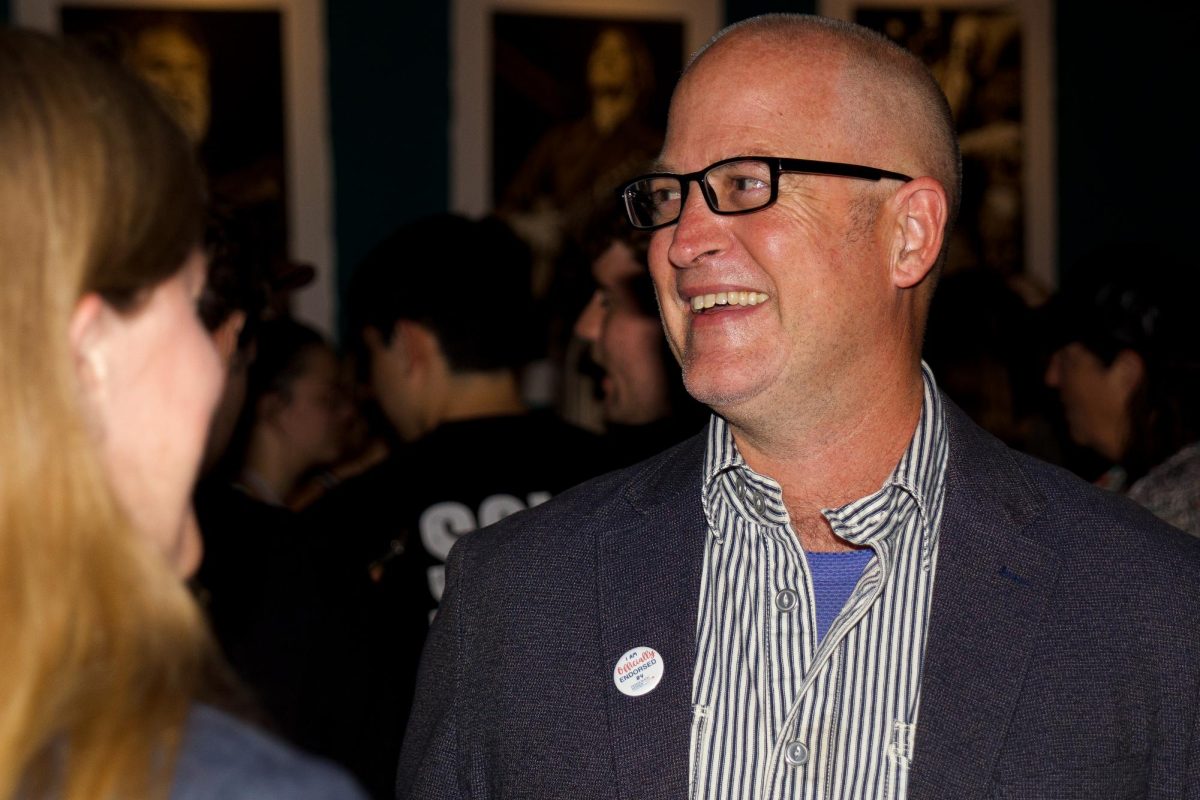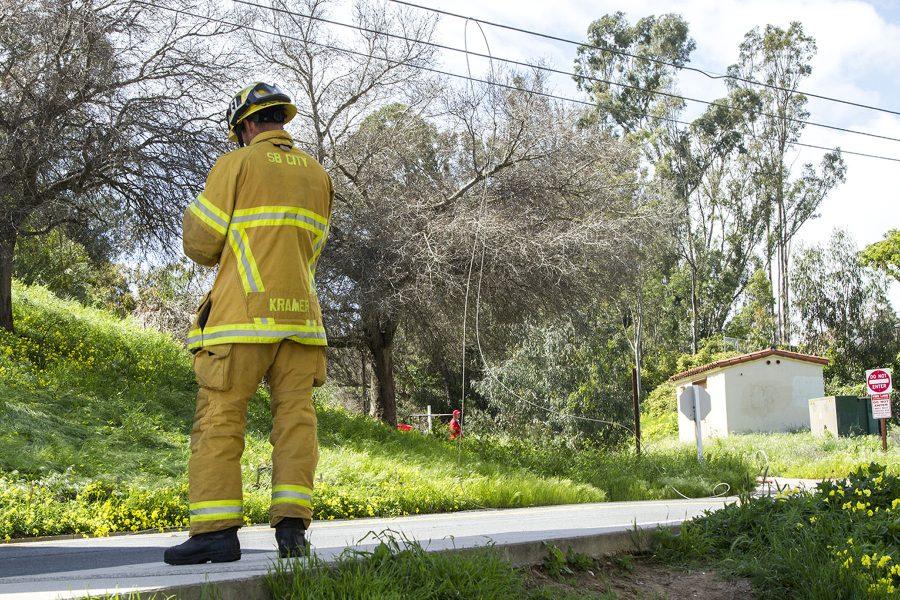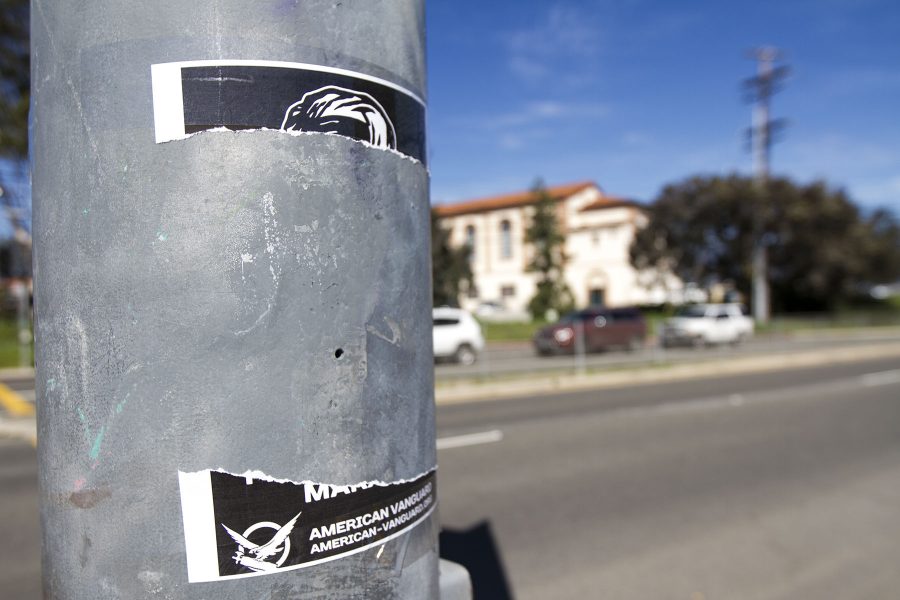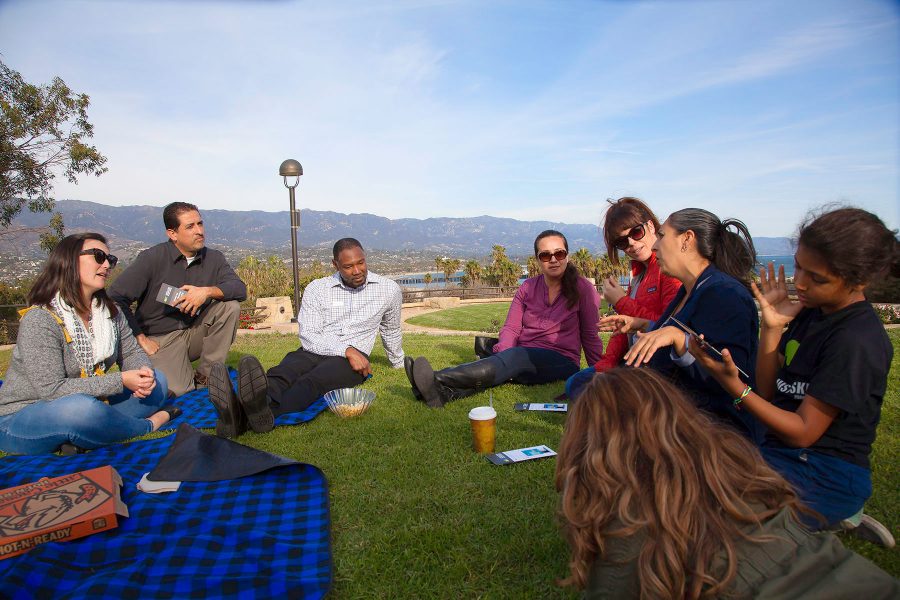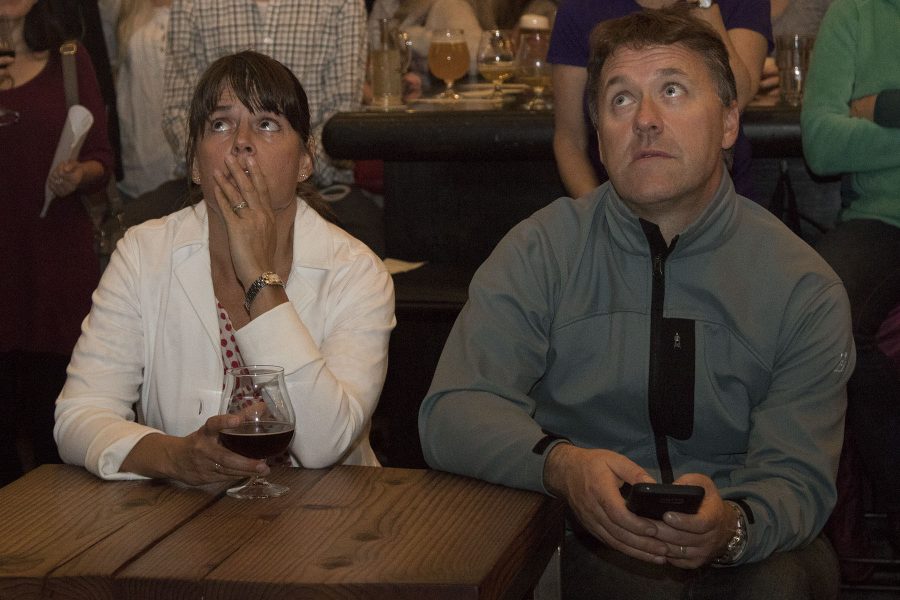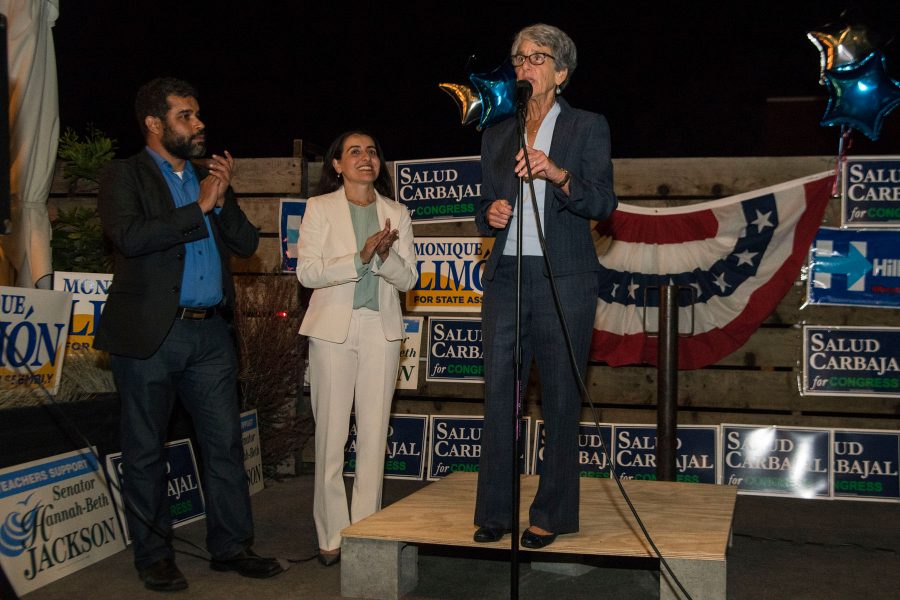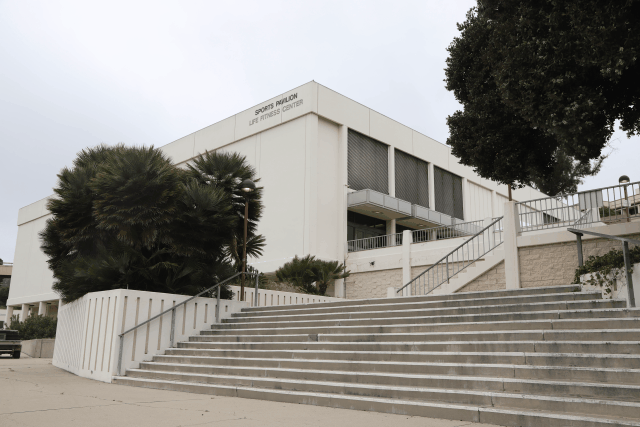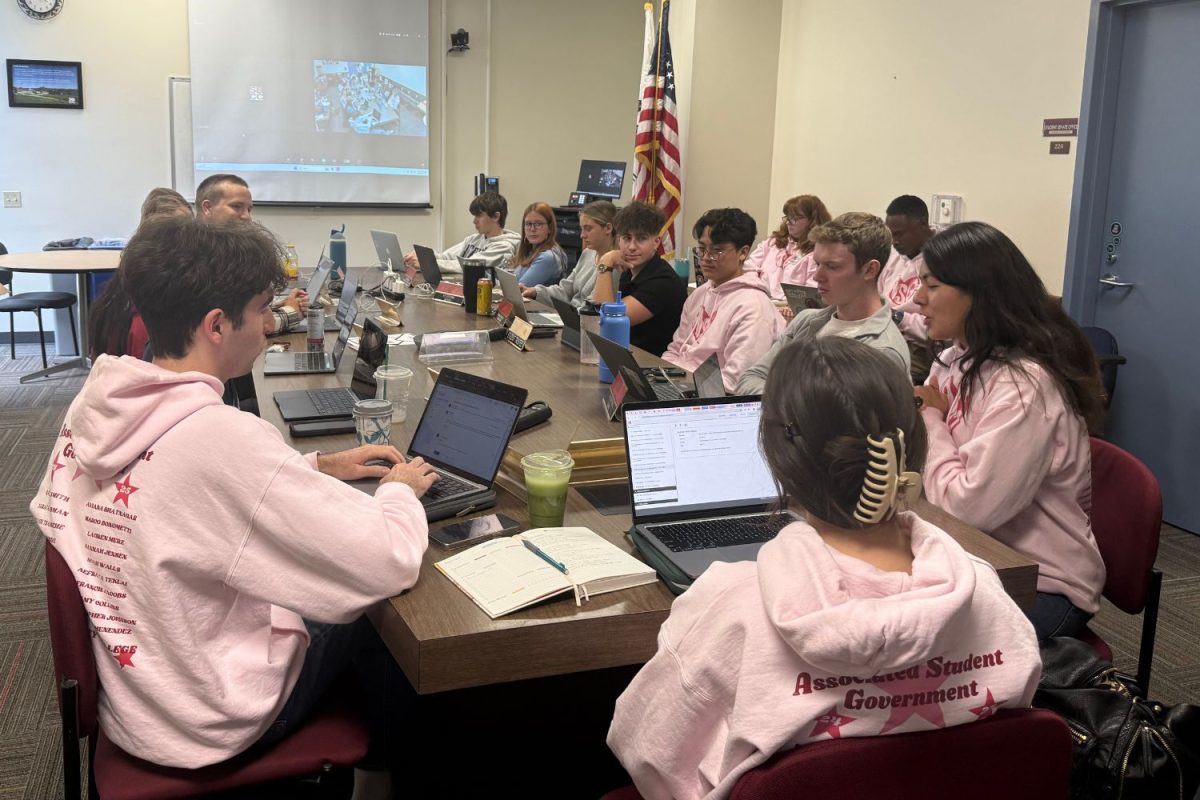Recreational use of marijuana is now legal for Californians 21 and over, after Proposition 64 passed on a close statewide vote Tuesday night.
Proposition 64, the Adult Use of Marijuana Act, ended with a favorable 56 to 44 percent vote statewide, and 55.6 to 44.4 percent in Santa Barbara County. After 11 attempts over the past century to legalize it, the act is expected to bring Californians health benefits, as well as an economic boost.
“This is great. This is fantastic,” said English Major Gabriel Ortega, 20, at The Mill’s Democratic party Tuesday evening.
Before Prop. 64, pot was only legal statewide with a medical card, which did not recommend how much, when, or why it should be used. California was the only state to legalize its medicinal use through the passage of Proposition 215 in 1996.
Gordon Coburn, an addictive disorders counseling professor at City College, considers medically-used marijuana to be beneficial, but warns that students should carefully consider whether they should use it for recreational or medical use.
The proposition will impose a 15% state tax on all pot sales and cultivation, which is predicted to bring California an estimated $1 billion more annually in tax revenue. The legalization is also expected to save state and local governments roughly $100 million from reduced prosecution and incarceration costs, according to Californians for Responsible Marijuana Reform.
“I think the legalization of marijuana will have a positive effect because of the taxation of it will be going to California public universities,” said Sophia Garcia, co-president of City College’s political science club. “It’s not a lot but 10 million will be divided up between City Colleges, UC’s, and the CSU’s.” Garcia said, who supports the proposition because it will lead to a safer usage of THC.
On the other hand many expressed concern about public safety and health concerns that could arise from the pot’s legalization.
“Being legalized means there will be a lot more access to it and people using it, and that means more people under its influence will be driving,” said Santa Barbara County Sheriff William “Bill” Brown, who opposed Prop. 64.
Bobbi McGinnis, 64, secretary for the Santa Barbara County Central Committee for the Republican Party and Santa Barbara County Trump Team Captain, originally opposed the proposition, but said her nephew and niece, who both work in law enforcement, changed her opinion.
“I understand it was time to legalize it to make it easier for law enforcement to regulate it in the community and take it off the books,” McGinnis said.



